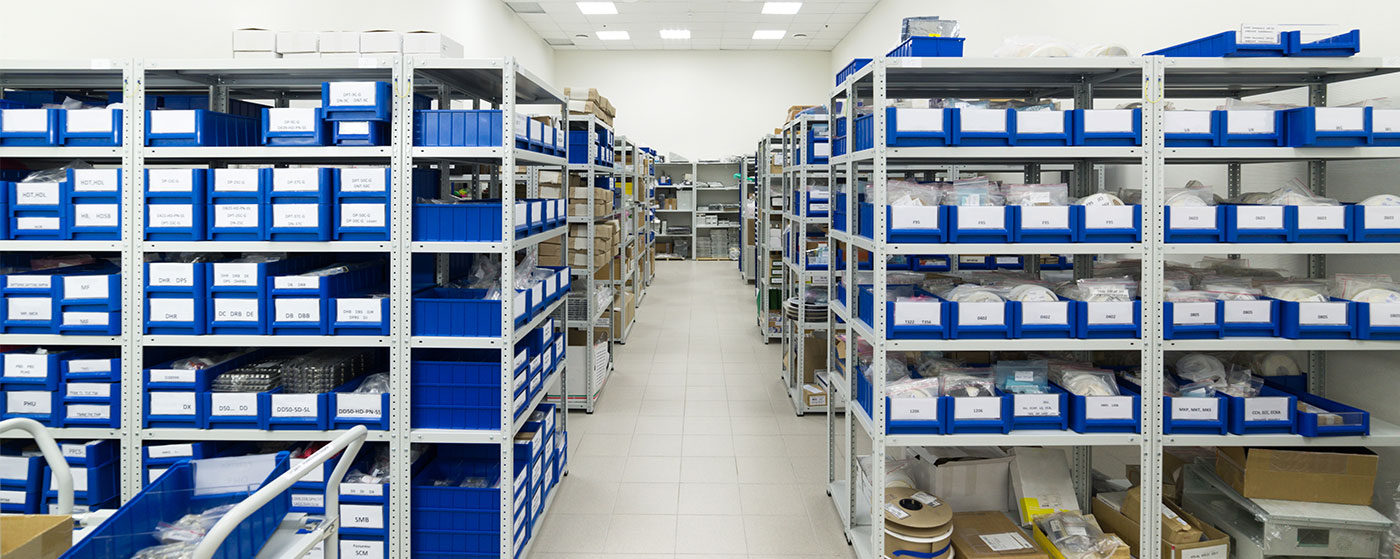
Do power plants need an Electronics Quality Assurance Engineer?
Direct Turbine Controls, B, Thomas.
In recent years manufacturers supplying products to power plants have noticed an uptake in the incidences of encountering counterfeit components in their supply chain. In most cases, counterfeits are devices that have been re-marked with false information as to their origin, age, content, or capability; and many are found to be entirely nonfunctional. Because the true age, specifications, and/or functions of such devices are unknown, the effects of age and stress on the devices are also unknown, meaning the results of the reliability models and/or reliability testing originally used to establish product reliability are no longer relevant. Aside from affecting reliability, counterfeit components could also compromise the safety of equipment.
A suspected reason for the growing number of counterfeiting incidents is insufficient control of the supply chain, which is due in part to manufacturers’ increased reliance on outsourced, off-shore manufacturing, subcontractors, and even procurement. Although component obsolescence may also be a factor, the vast majority of counterfeit components are fake versions of genuine devices that are still in production. Whatever the cause, counterfeit components have infiltrated product manufacturing, thereby jeopardizing equipment reliability and safety.
Used components sold as new are perhaps the largest category of counterfeit devices. Electronics recycling has given rise to an influx of used components, primarily from mainland China, through brokers or other dubious outlets. China imports used/scrap electronics and (using low-cost labor) removes devices from the discarded circuit boards. Such parts later bear re-markings (date code, lot, device type, quality level, etc.) and are returned to the marketplace. Specialty electronic equipment is a prime target for such devices, as power plant-spec components are increasingly difficult to find and/or have long lead times.
What can You Do?
Be wary of digital natives who are offering parts and services at low prices.
Companies can invest in Electronics quality assurance engineers who can test and inspect electronics to make sure they meet quality and safety standards.
Rely on companies who can provide functional testing for PCB’s in their lab since functional testing is an economical means of discovering fake and dysfunctional circuit boards.
References:
Pecht, Michael, and Len Zuga. “Counterfeit Electronics and the China Connection.” CALCE Electronic Products and Systems Center, University of Maryland, SMT Magazine, April 2012. Guin, Ujjwal, et al. “Counterfeit Integrated Circuits: A Rising Threat in the Global Semiconductor Supply Chain.” Proceedings of the IEEE, vol. 102, no. 8, August 2014.



